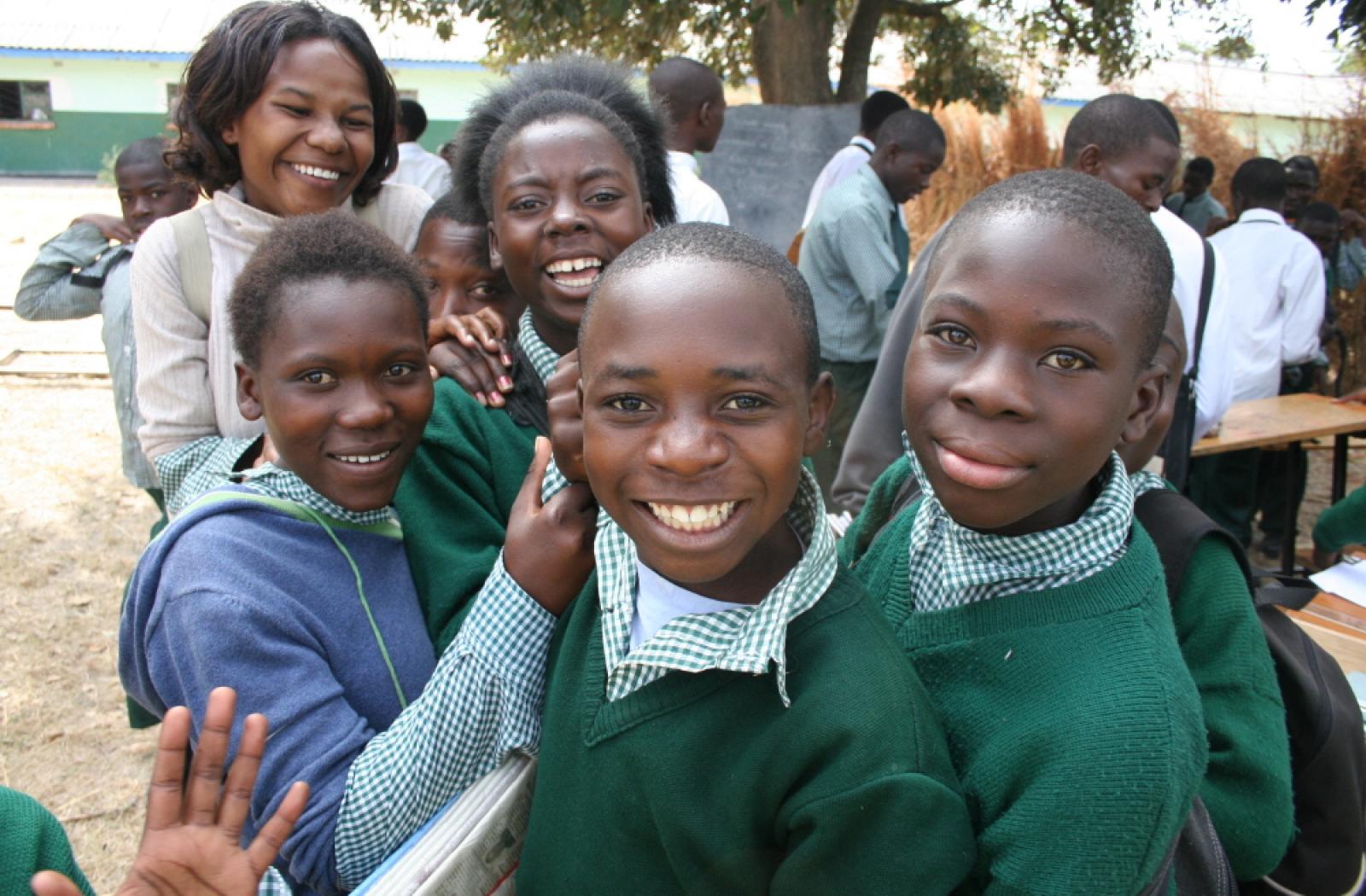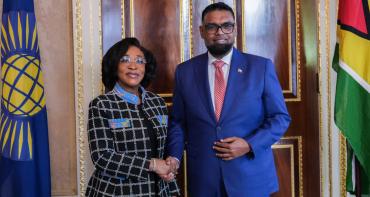The International Climate Initiative (IKI) of Germany, also known as the Internationale Klimaschutzinitiative, has announced the approval of two transformative youth-focused projects aimed at tackling climate change in Zambia and Namibia.

These projects represent a remarkable display of collaboration and dedication to empowering Africa’s future, with the Commonwealth Climate Finance Access Hub offering valuable contributions to the project development process of both.
The first initiative, the Zambia Education Programme for Climate Action (ZEPCA) project, is led by the Food and Agriculture Organization of the United Nations (FAO). The project aims to establish a climate education programme to empower and engage citizens’ support to achieve the country’s Nationally Determined Contribution (NDC).
Nationally Determined Contributions, or NDCs, are climate pledges under the Paris Agreement, which specifies what each country will do to meet the global goals to manage climate impacts.
Recognising the need for transformative behaviour change, the project has been funded by an IKI Medium Grant of US$19,097,246. The funding will be used to develop tailored education materials, enhancing institutional and human capacity for green transition, and strengthening non-formal education through clubs and civil society organisations.
The GIS-based monitoring component will generate strong evidence and apply a replicable behavioural science approach to tackle climate change challenges in Zambia and beyond.
Commonwealth National Climate Finance Adviser (CNCFA) for Zambia, Dr Othniel Yila, provided significant contribution, from concept development to proposal submission, to the Ministry of Green Economy and Environment and in collaboration with FAO and other partners.
Dr Yila indicated:
“ZEPCA stands to transform the capacity of Zambians to address climate change. I have no doubt that the project will ensure long lasting capacities within institutions and individuals. It will support the transition to climate-smart agriculture; supporting sustainable forest and land management efforts; increase renewable energy sources and ensuring sustainable food and energy consumer behaviors. All of these will support the achievement of Zambia’s NDC targets.”
Dr Yila also underscored the power of collaboration by engaging training institutions like United Nations Institute for Training and Research (UNITAR) and academic organisations in curricula development. He also acknowledged the crucial contributions of a former CNCFA for Namibia, Carol Mwape, and the Adviser for Seychelles, Aurelius Nkonde, who played instrumental roles in the project's conception during their time at the Ministry in Zambia until the project’s approval.
The second project, named Locally Manufactured e-Bikes with Rental System for Peri-Urban Communities in Namibia, was valued at US$78,186. The funding was awarded to the social enterprise, Suncycles Electrics Namibia (EBIKES4AFRICA).
This IKI Small Grants project aims to introduce solar-powered e-bikes and e-cargo bikes to reduce greenhouse gas emissions of the transport sector. By training young people to set up the hubs and manufacture a total of 24 e-bikes, it will provide sustainable transport to underserved communities.
The project was designed with a youth focus from the outset, and Carol Mwape, the former Commonwealth National Climate Finance Adviser for Namibia, who had mobilised youth to participate in the early stages. She stated:
“The project will not only enable local manufacturing of e-bikes but will empower youth from local universities with technical and entrepreneurial skills that will create an awareness of green jobs in climate change circles.”
It is anticipated that the project will be a blueprint for the implementation of additional E-Hubs around Windhoek and the northern regions of Namibia.
Unnikrishnan Nair, Head of Climate Change at the Commonwealth Secretariat, highlighted CCFAH's dedication to integrating youth perspectives and working with partners to actively involve youth in driving accelerated climate action.
Mr Nair also emphasised:
“The increasing contribution of the Commonwealth Climate Change programme towards supporting member countries to adapt and mitigate to climate change, also demonstrates the Secretariat’s unwavering support for the Commonwealth Year of Youth.”
The Commonwealth Climate Finance Access Hub currently has 12 Commonwealth National Climate Finance Advisers deployed in various countries. As at the end of June 2023, it has supported countries in mobilising US$276.21 million in climate finance, including US$2.9 million in co-financing for 73 projects.
Visit the Commonwealth Climate Finance Access Hub
Media contact
- Josephine Latu-Sanft Senior Communications Officer, Communications Division, Commonwealth Secretariat
- +44 20 7747 6476 | E-mail



